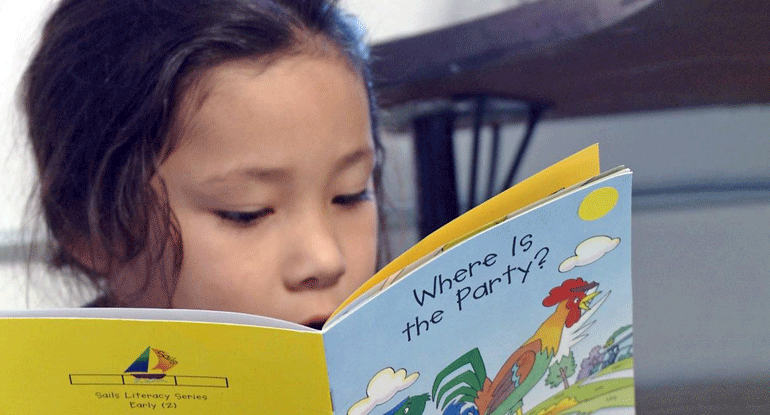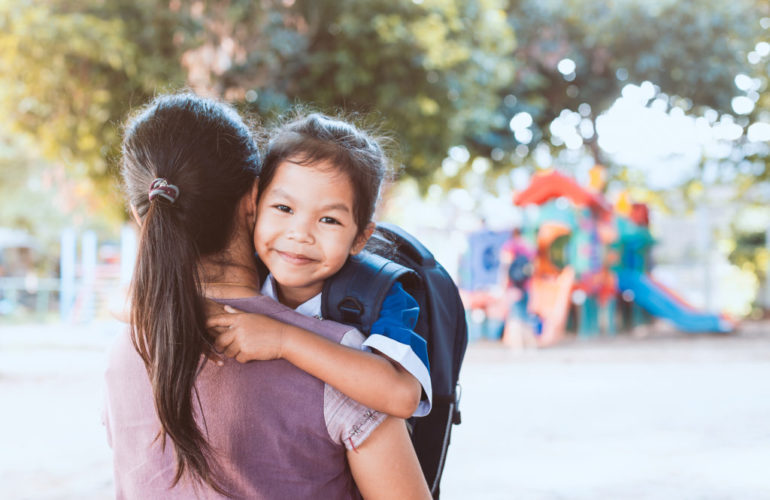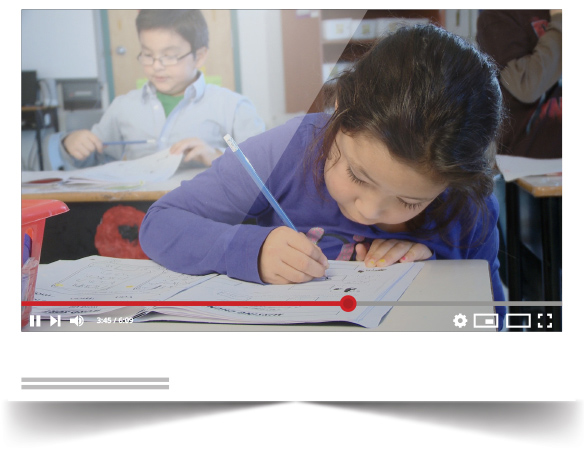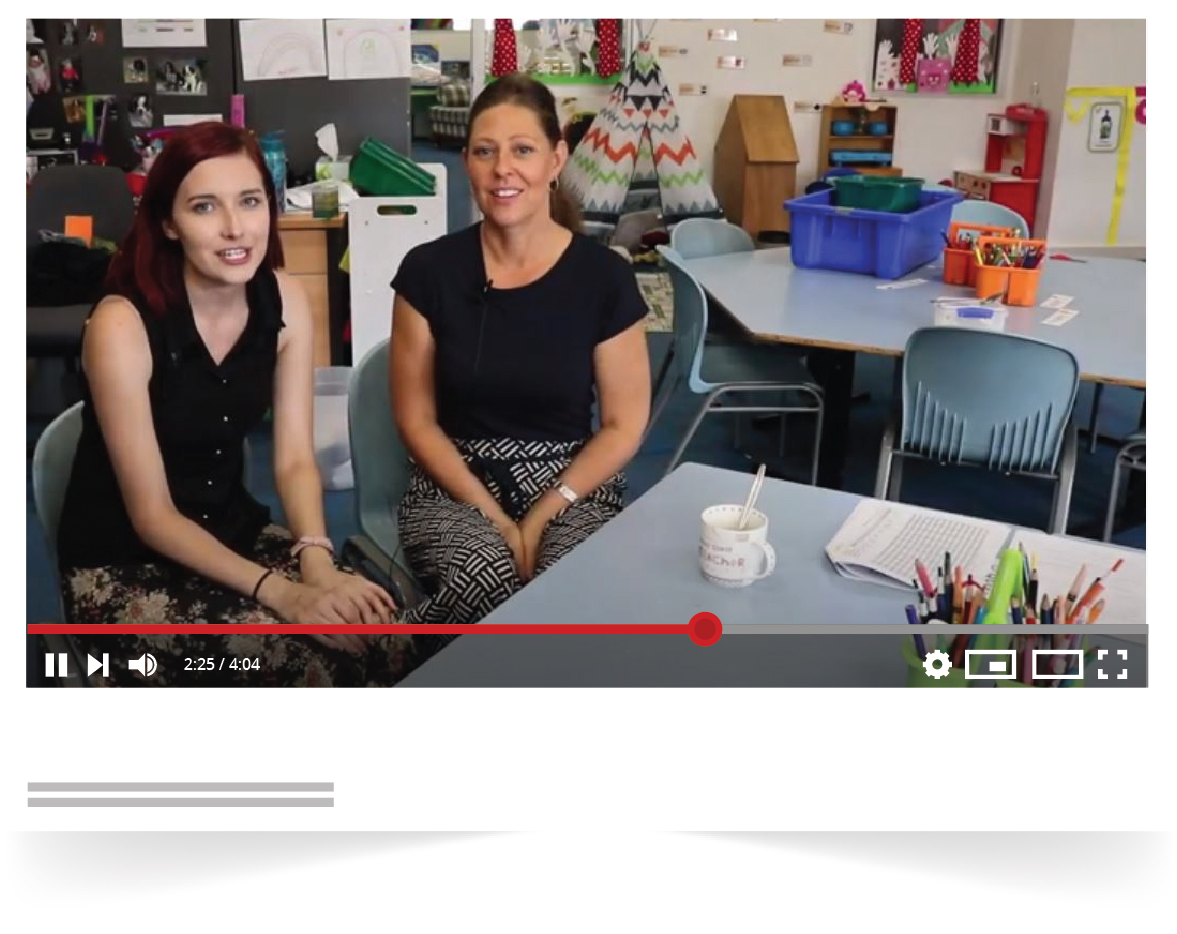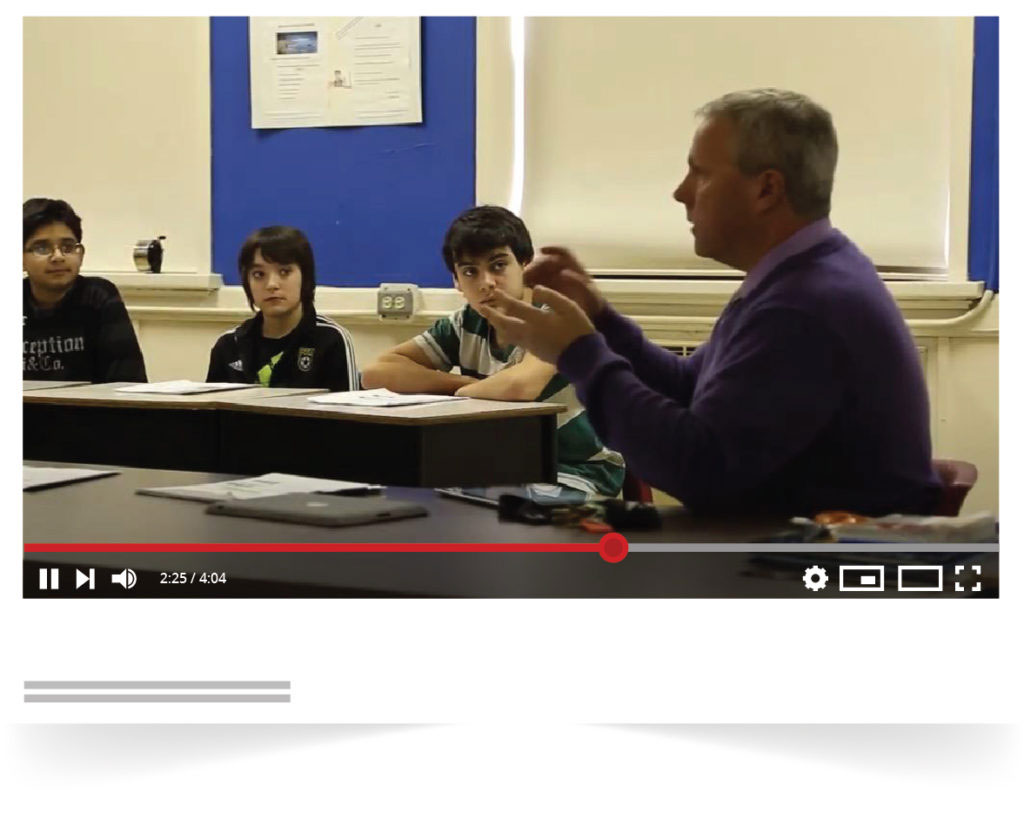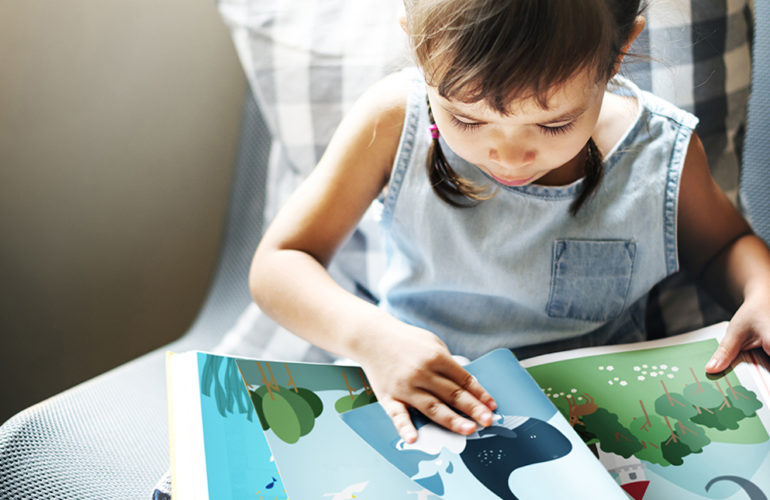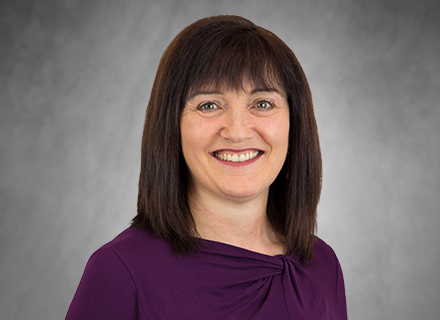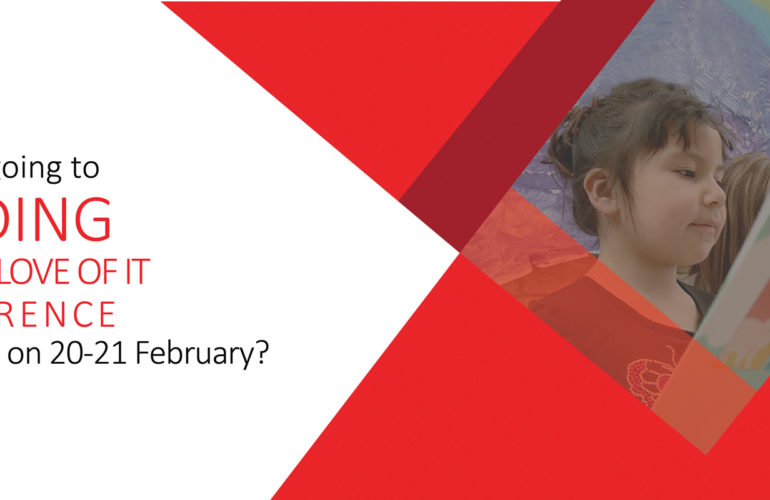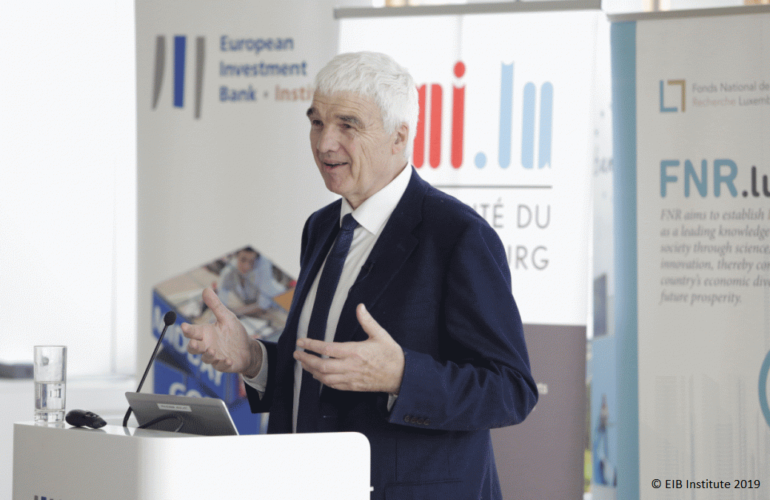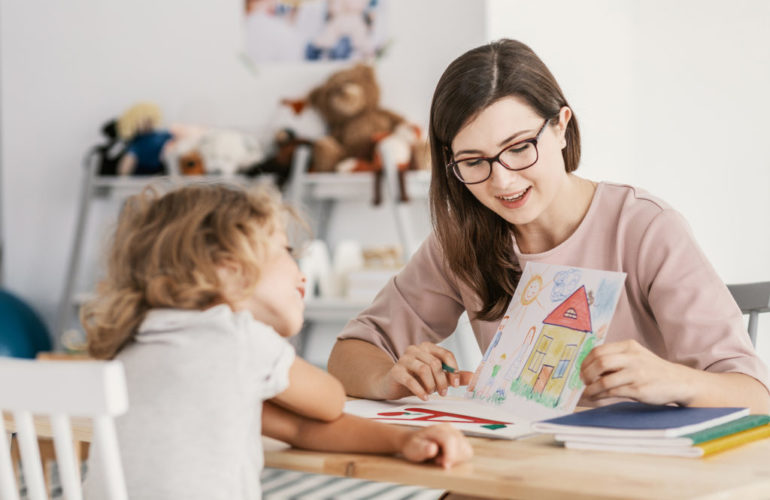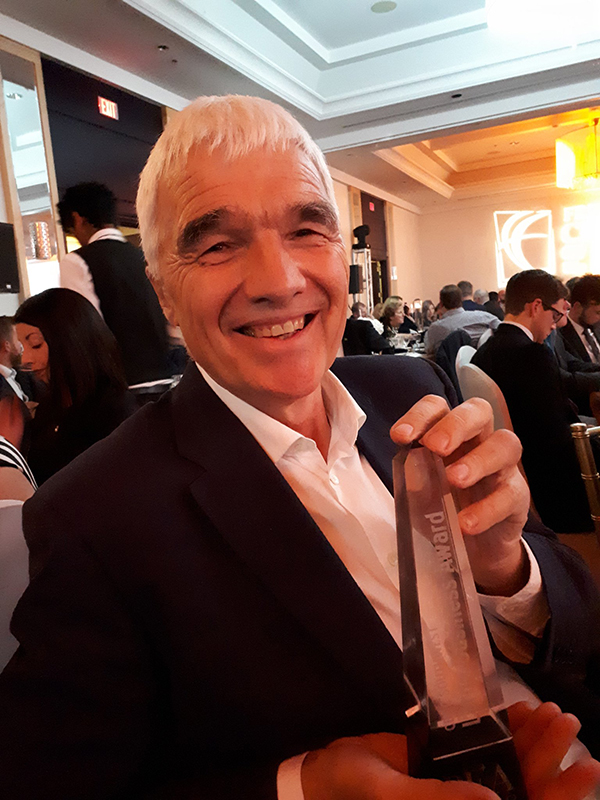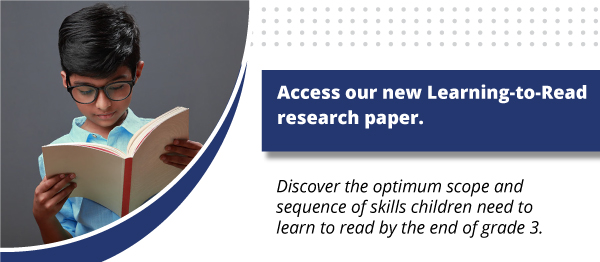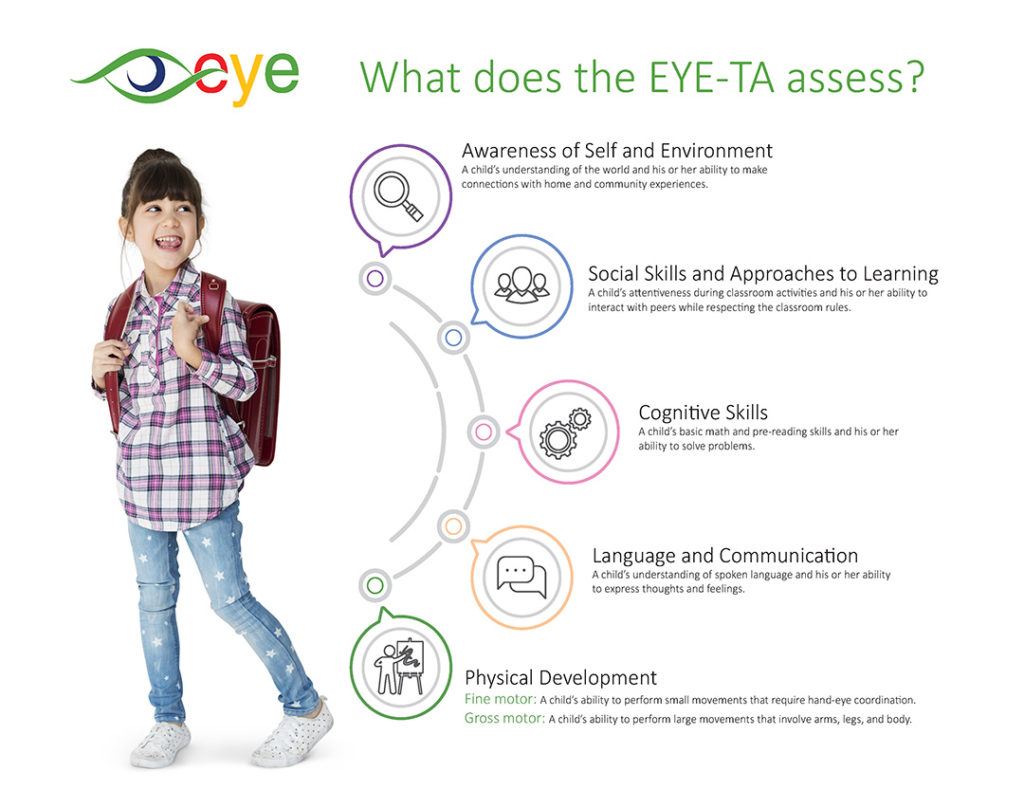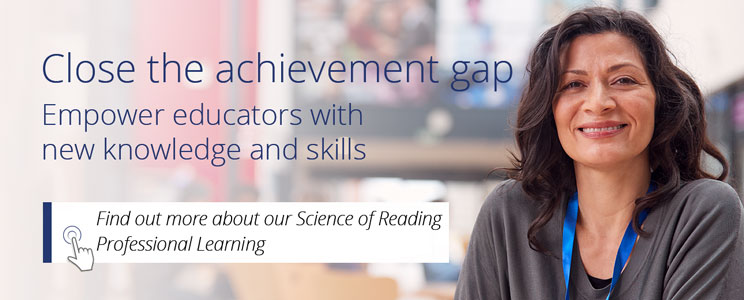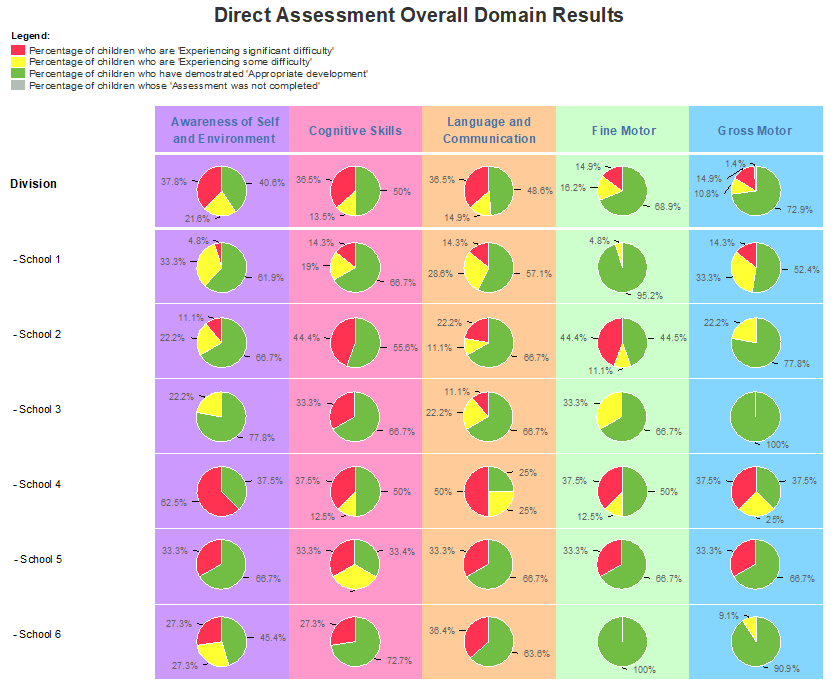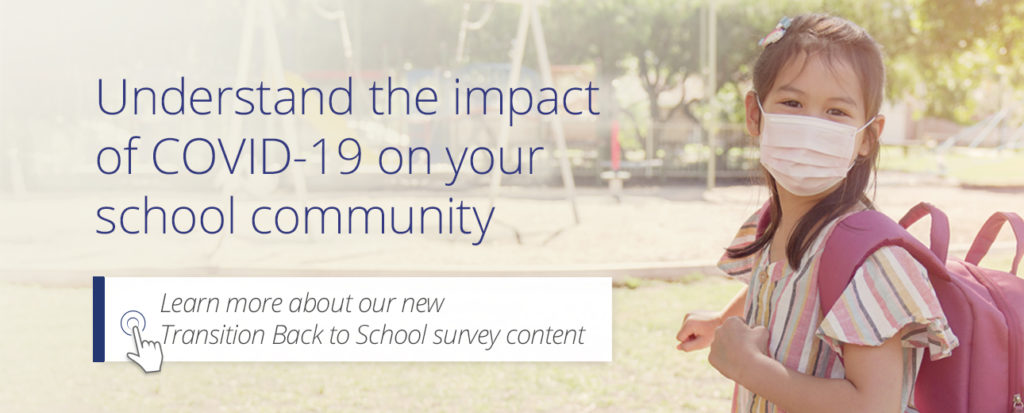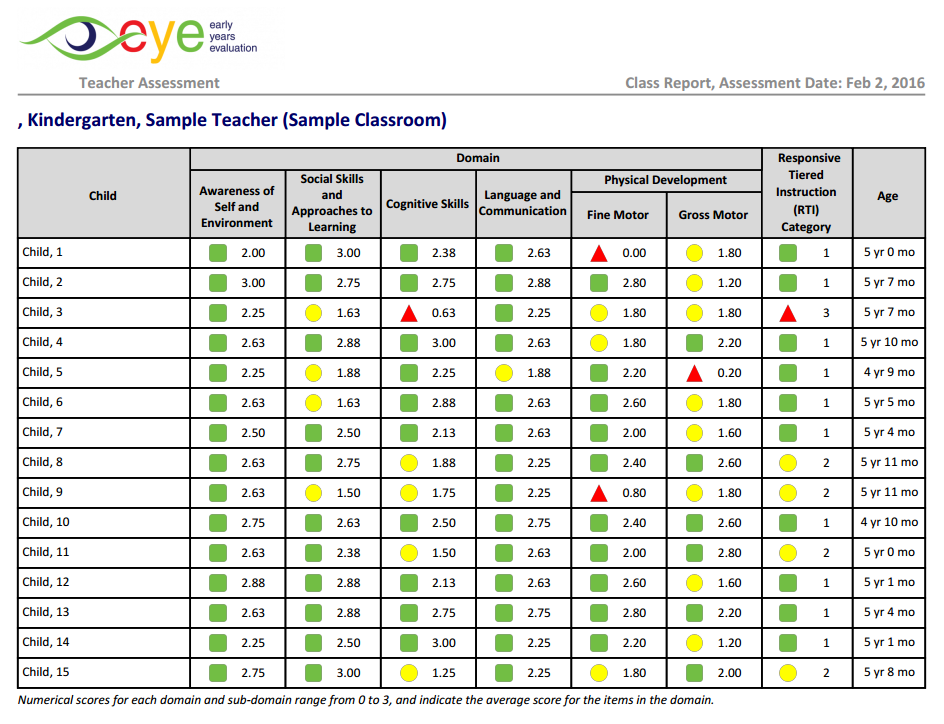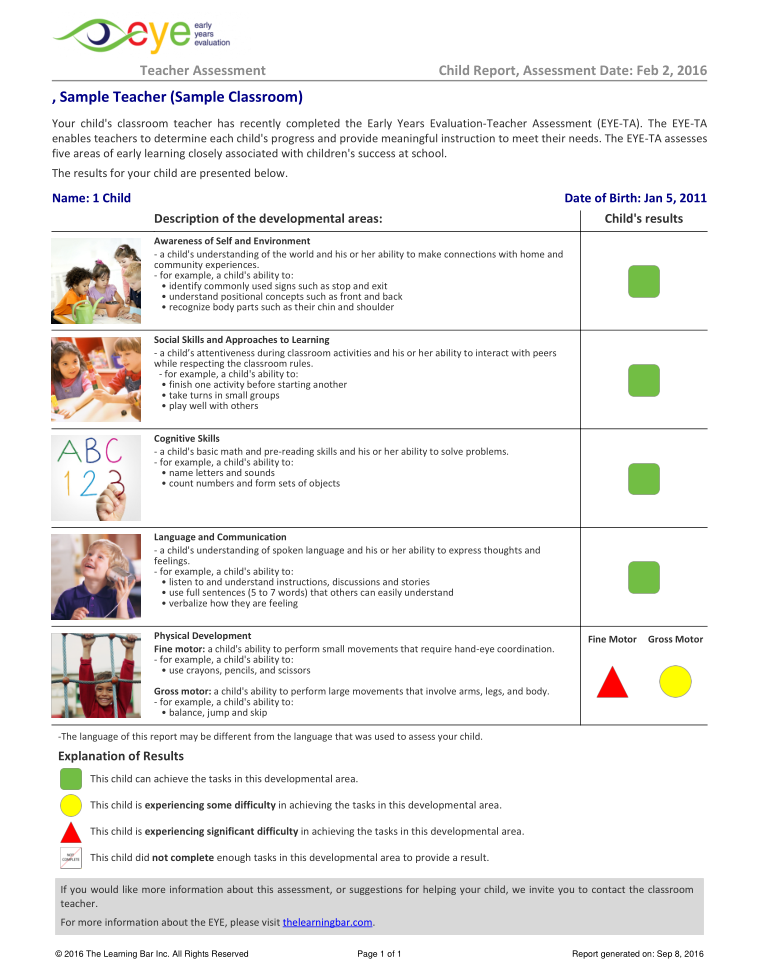The OurSCHOOL survey now meets the legislative requirements of Ontario’s Anti-Racism Act; PPM 144: Bullying Prevention and Intervention; and Anti-Racism Data Standards.
Canada’s largest school climate survey now meets the legislative requirements outlined by the Government of Ontario. To help school divisions achieve their equity and inclusivity goals, The Learning Bar has added 13 new demographics to the OurSCHOOL secondary student survey.
DEMOGRAPHIC DRILLDOWNS
۰ Grade
۰ Sex
۰ Sex Inclusive
۰ Gender Identity
۰ Language Spoken at Home
۰ Grade Repetition
۰ Immigrant Status
۰ Indigenous Status
۰ Disability
۰ Change School
۰ Race
۰ Religion
۰ LGBTQ2S+
DEMOGRAPHIC FACTORS
۰ Socio-Economic Factors
۰ Age
۰ Sexual Orientation
۰ Gender Expression
۰ Ethnic Origin
۰ Canadian Identity
۰ LGBTQ2S+ Ally
۰ LGBTQ2S+
DEMOGRAPHIC DATA PROJECTS ITEMS
۰ Language First Spoken
۰ Indigenous Identity
۰ Canadian Status
۰ Disability
۰ Sexual Orientation
One survey… multiple solutions
Out of the box, the OurSCHOOL student survey reveals insights into the climate of inclusivity, diversity, and equity within your division. Students’ differing experiences of engagement, sense of belonging, bullying, safety, and well-being tell a rich and compelling story.
Click here to find out more about the suite of powerful reporting on School Climate Measures, Demographic Factors, and Demographic Drilldowns.



